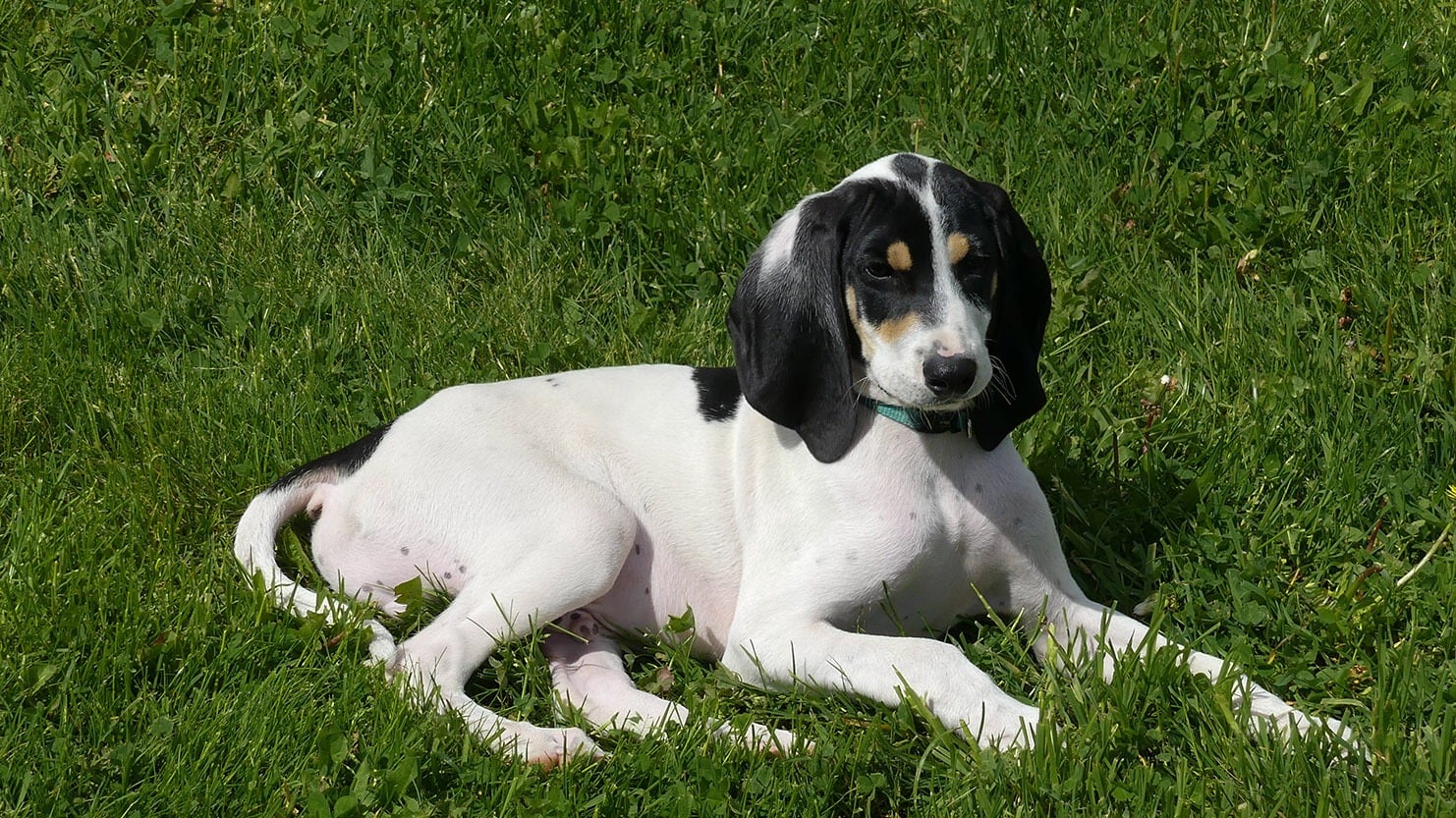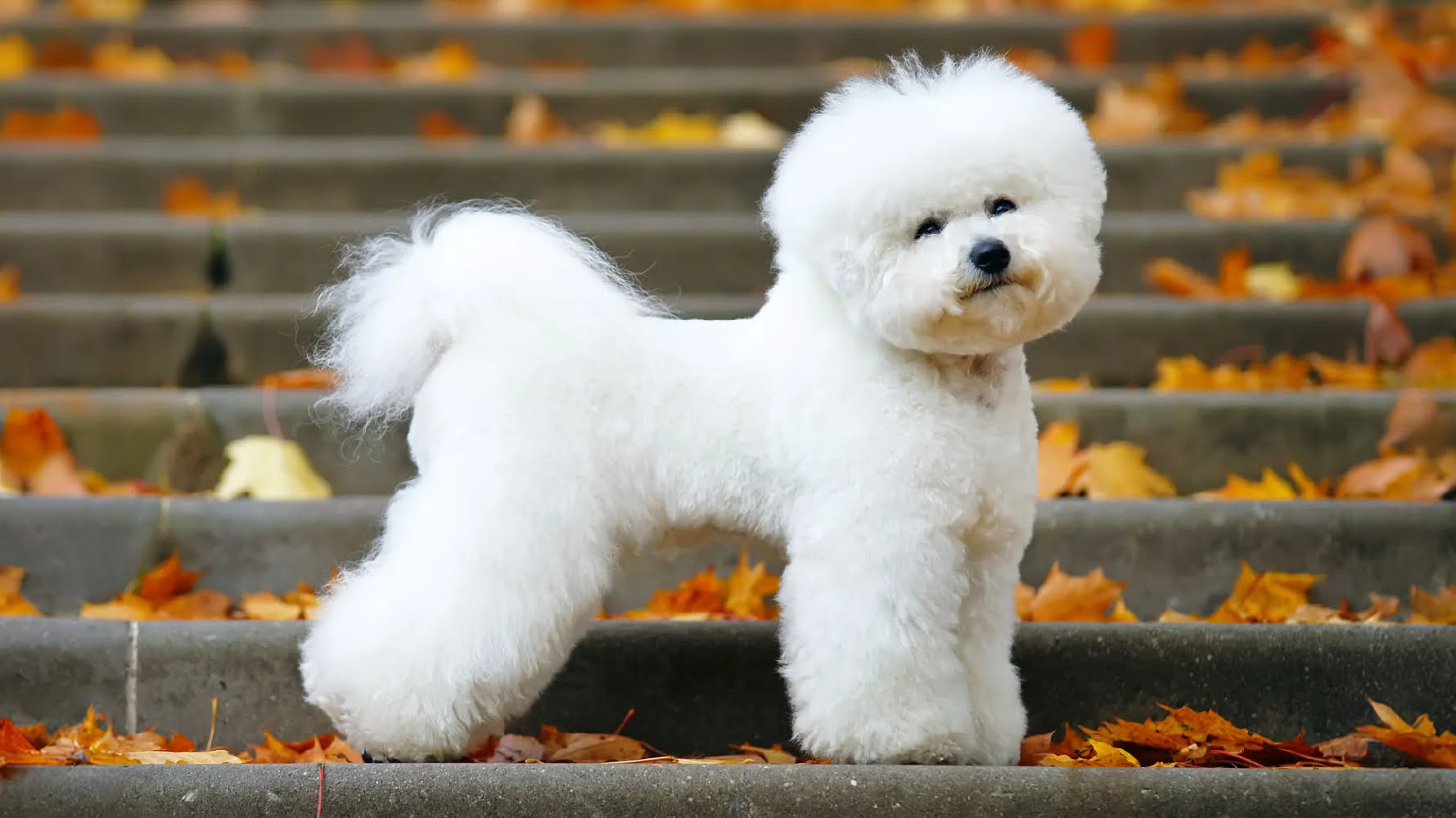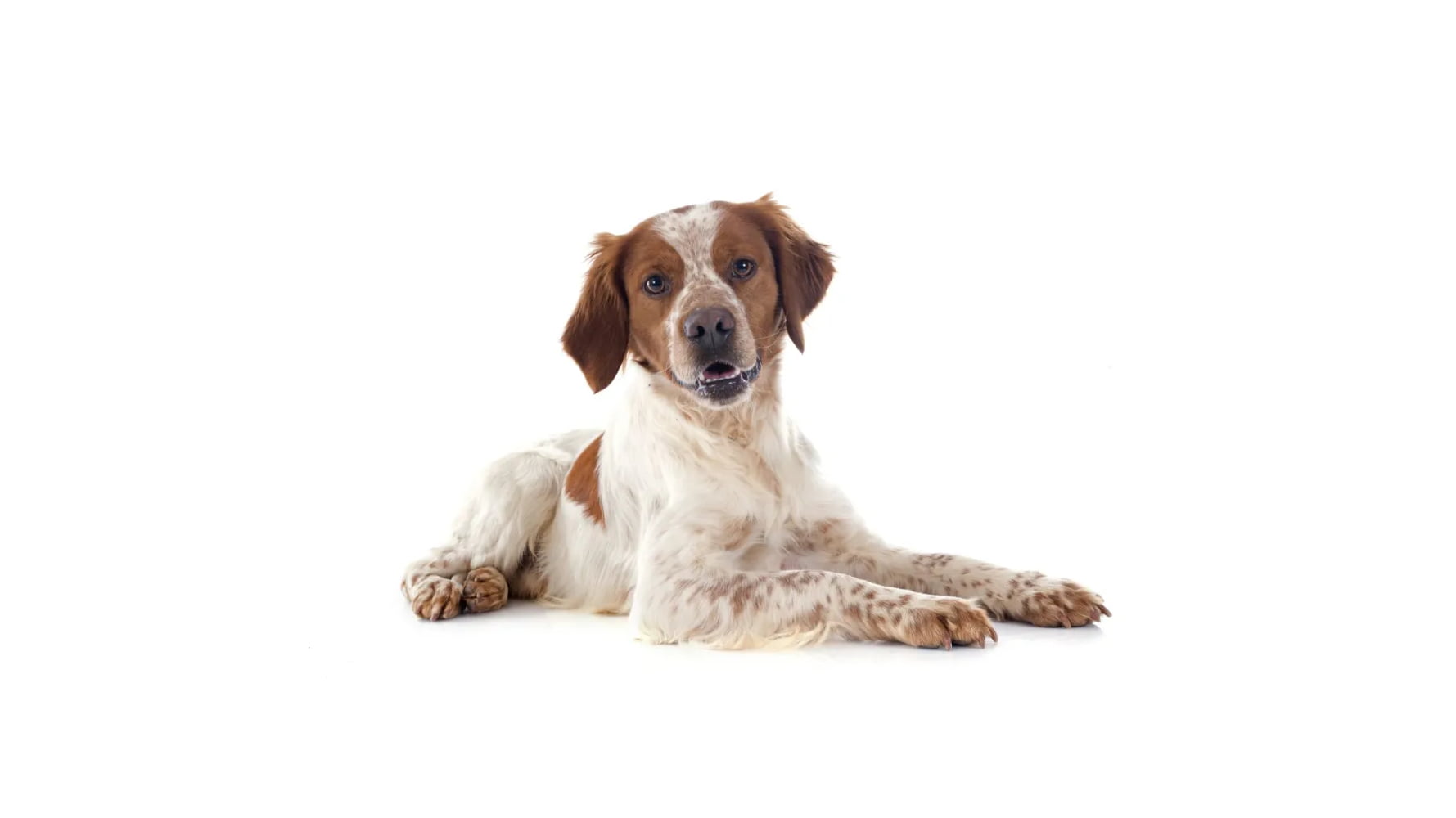Table of Contents
Billy Dog Breed: A Comprehensive Guide
The Billy dog breed is a rare and unique breed that stands out for its striking appearance and remarkable hunting abilities. Originating from France, the Billy is known for its athletic build, keen sense of smell, and friendly demeanor. This breed is popular among dog owners who appreciate its loyalty, intelligence, and energetic nature. If you’re considering adding a Billy to your family, this guide will provide all the essential information you need to know about this fascinating breed.
History and Origin

The Billy dog breed has a rich history that dates back to the 19th century in France. It was developed by Monsieur Gaston Hublot du Rivault, who aimed to create an exceptional hunting dog. By crossbreeding several French hounds, including the Montaimboeuf, Ceris, and Larye breeds, the Billy was born. Named after Monsieur du Rivault’s hunting estate, the Billy breed quickly gained a reputation for its outstanding tracking abilities and endurance. Although not as well-known outside of France, the Billy remains a cherished breed among hunting enthusiasts and dog lovers alike.
Physical Characteristics
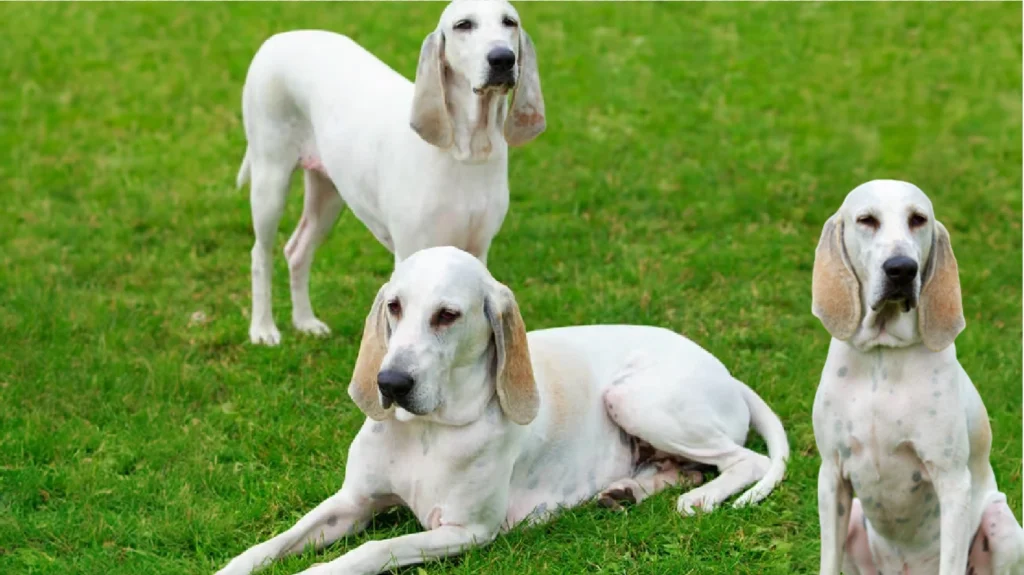
The Billy dog is a medium to large-sized breed, typically weighing between 50-70 pounds and standing 23-28 inches tall at the shoulder. This breed boasts a sleek and muscular build, with a short, dense coat that is usually white or off-white, sometimes with light orange or lemon markings. Their ears are medium-sized and set high on the head, hanging down in a graceful curve. One of the most distinctive features of the Billy is its expressive eyes, which are typically dark and almond-shaped, giving the dog an alert and intelligent expression.
Temperament and Personality
Billy dogs are known for their friendly and affectionate nature. They form strong bonds with their families and are particularly good with children. Their playful and energetic personality makes them excellent companions for active households. While they are generally good with other dogs and pets, early socialization is essential to ensure they get along well with other animals. Billy dogs are intelligent and eager to please, making them relatively easy to train. However, they do have a strong prey drive, so it’s important to provide them with plenty of exercise and mental stimulation to keep them happy and well-behaved.
Health and Lifespan
The Billy is generally a healthy breed, with a lifespan of 12-15 years. However, like all breeds, they can be prone to certain health issues. Common concerns include hip dysplasia, ear infections, and skin allergies. Regular veterinary check-ups, a balanced diet, and an active lifestyle can help prevent and manage these conditions. To keep your Billy healthy, ensure they receive routine vaccinations, dental care, and parasite prevention.
Tips for Keeping Your Billy Dog Healthy:
- Regular Exercise: Engage your Billy in daily physical activities like walks, runs, and play sessions to keep them fit and mentally stimulated.
- Balanced Diet: Provide high-quality dog food appropriate for their age, size, and activity level.
- Routine Vet Visits: Schedule regular check-ups with your veterinarian to monitor your dog’s health and catch any issues early.
- Grooming: Regularly check and clean their ears, trim their nails, and brush their coat to maintain their overall hygiene.
Care and Grooming
Caring for a Billy dog is relatively straightforward, thanks to their short and low-maintenance coat. Weekly brushing will help remove loose hairs and keep their coat looking healthy. Bathing should be done as needed, typically every few months, unless they get particularly dirty. Pay special attention to their ears, as their droopy ears can be prone to infections. Regularly check and clean their ears to prevent wax build-up and infections.
Grooming Needs:
- Brushing: Weekly
- Bathing: Every few months or as needed
- Ear Cleaning: Regularly
- Nail Trimming: Monthly
- Dental Care: Brush teeth regularly to prevent dental issues
Training and Socialization
Billy dogs are intelligent and eager to learn, making training a rewarding experience for both the dog and the owner. Positive reinforcement methods, such as treats, praise, and play, work best with this breed. Early socialization is crucial to ensure your Billy grows up to be a well-adjusted and confident adult dog. Expose them to different people, environments, and other animals from a young age to build their social skills.
Training Tips:
- Consistency: Be consistent with commands and rules to avoid confusing your dog.
- Positive Reinforcement: Use rewards like treats and praise to encourage good behavior.
- Socialization: Introduce your Billy to various experiences and environments to build their confidence.
- Mental Stimulation: Provide puzzle toys and interactive games to keep their minds sharp.
Suitability as a Family Pet
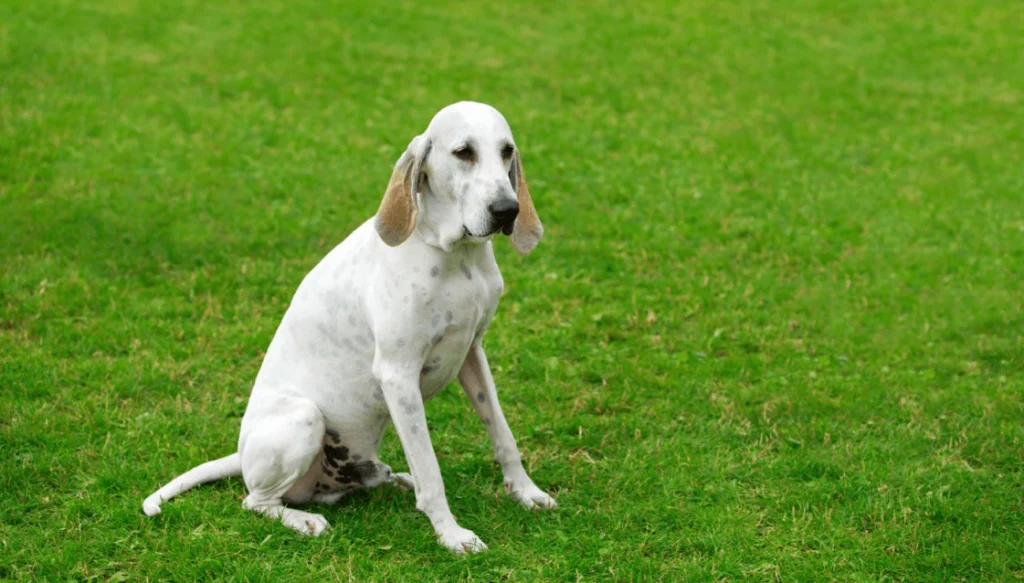
The Billy dog is an excellent choice for families, particularly those with active lifestyles. Their energetic nature means they need plenty of exercise and playtime, making them great companions for outdoor activities. They are gentle and patient with children, and their friendly disposition ensures they get along well with family members and other pets. However, due to their size and energy levels, they may be better suited to homes with a yard or access to open spaces where they can run and play.
Living Environment Considerations:
- Space: Ideally, a home with a yard or nearby open spaces.
- Exercise Needs: High – requires daily physical activity.
- Companionship: Enjoys being part of family activities and spending time with people.
Fun Facts and Trivia
- Nose for Adventure: Billy dogs have an exceptional sense of smell, making them excellent tracking and hunting dogs.
- Rare Breed: The Billy is relatively rare outside of France, making them a unique and special pet.
- Historical Roots: The breed was named after the Chateau de Billy, the estate of its creator, Monsieur Gaston Hublot du Rivault.
- Vocal Communicators: Billy dogs are known for their vocalizations, often using a range of sounds to communicate with their owners.
What are the Dog Breeds Similar to the Billy Dog?
1. Poitevin
The Poitevin is a French hound breed known for its excellent hunting skills and endurance. Like the Billy, the Poitevin has a strong prey drive and requires plenty of exercise. They are slightly larger and have a similar friendly and energetic personality.
2. Grand Anglo-Français Blanc et Orange
This breed is another French hunting dog, known for its distinctive white and orange coat. They share the Billy’s hunting abilities and friendly demeanor, making them great companions for active owners who enjoy outdoor activities.
3. Petit Gascon Saintongeois
The Petit Gascon Saintongeois is a French breed that excels in hunting and tracking. They are slightly smaller than the Billy but share a similar build and energetic personality. They are also known for their friendly nature and make excellent family pets.
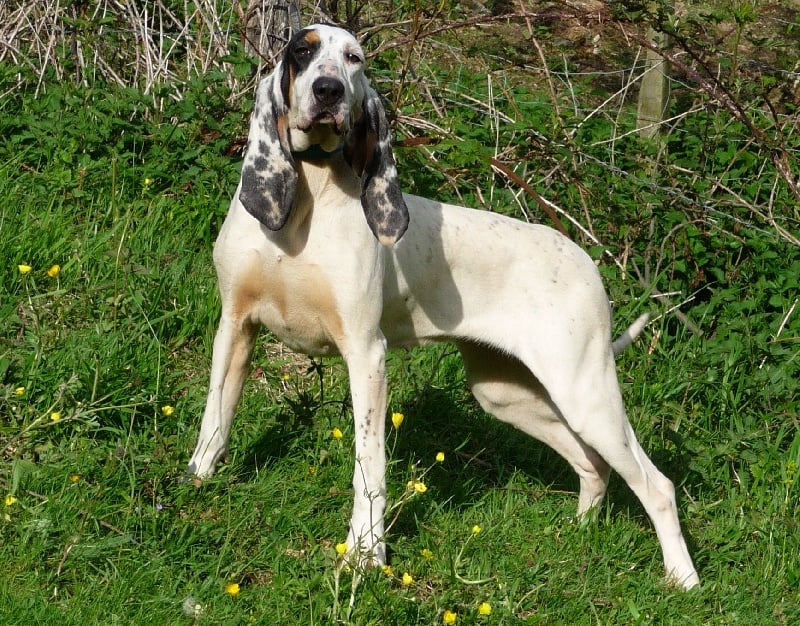
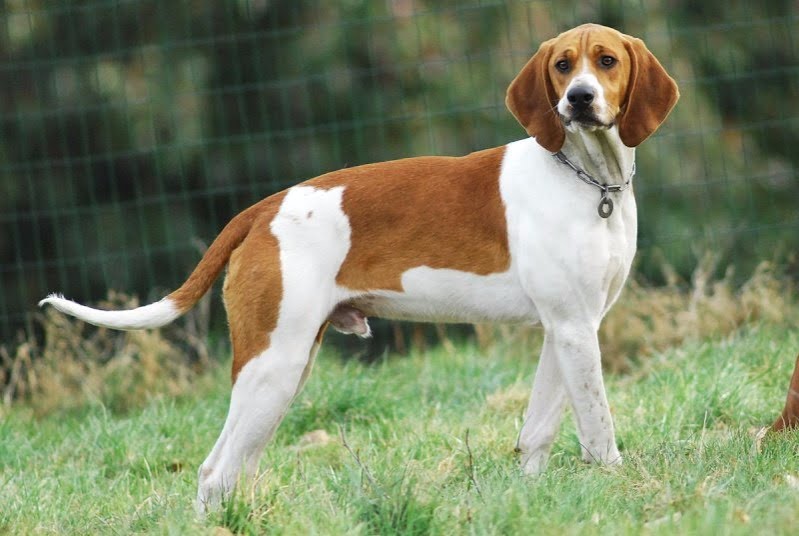

Conclusion
The Billy dog breed is a remarkable and unique breed that offers a blend of loyalty, intelligence, and energy. Whether you’re an experienced dog owner or considering your first pet, the Billy can be a wonderful addition to your family. With proper care, training, and socialization, this breed will thrive and bring joy to your household. Explore more about the Billy dog breed and consider making one a part of your family today!
FAQs
Are Billy dogs good with children?
Yes, Billy dogs are known for their friendly and gentle nature, making them excellent companions for children. They are patient and enjoy playing, making them a great choice for families.
How much exercise does a Billy dog need?
Billy dogs are highly energetic and require at least an hour of exercise daily. This can include walks, runs, and playtime. They also enjoy activities that challenge their tracking and hunting skills.
